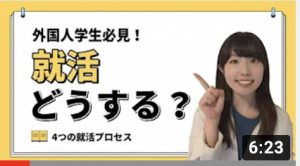【Pasona Inc.】Part 2 – Privilege of being a part of changing someone’s life
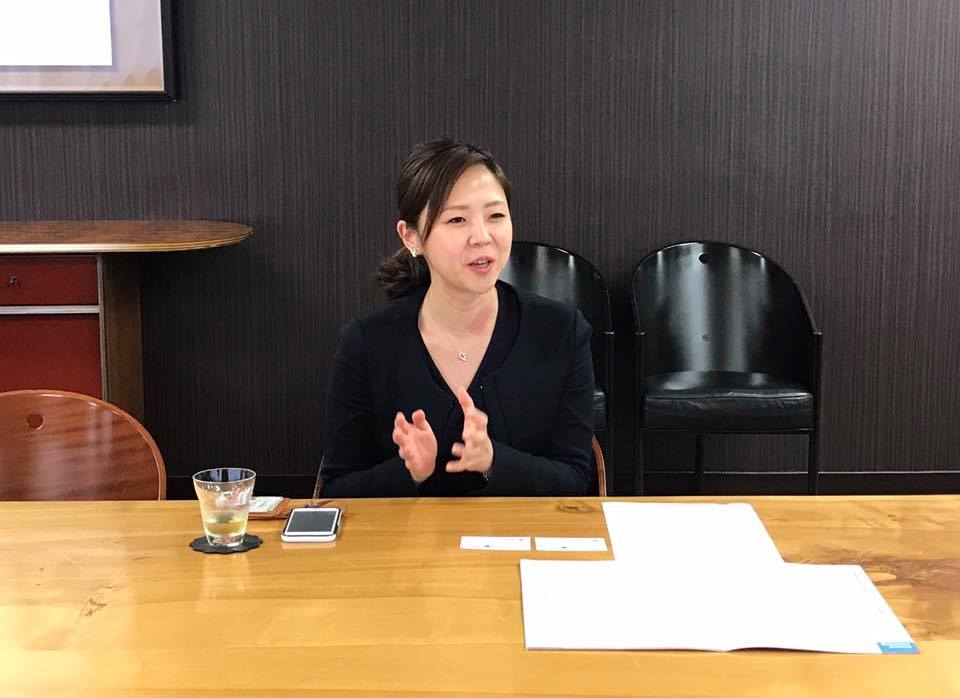
Pasona Group Inc. website
Pasona Inc. (temporary staffing) website
Pasona Inc. Global Business Management Division website
http://www.pasona-global.com/gl/index.html
In the Global Business Management Division, which we interviewed this time, foreign talents account for 30% of the employees. They offer business such as recruiting global talent, outsourcing services for overseas human resources, global training programs, and HR consulting to support Japanese companies become more global. Today we interviewed Miss Lee, who is from Korea and one of the unit heads of the Global Search BusinessDepartment.
Interviewees
Tomoyuki Ichikawa | Managing Executive Officer, General Manager, Global Business Management Division, Pasona Inc.
Lee Yeonkyung | Deputy General Manager, Global Search Business Department, Pasona Inc.
Became interested in Pasona at first sight
Could you tell us how you decided to work in Pasona?
I majored in Japanese literature in my university in Korea. After graduation, I worked at a Japanese real estate company for three years. Then, I started to think I wanted to challenge something new and entered a graduate school in Japan. Since I was living in Japan as a student and, also had experienced working abroad utilizing the working holiday system when I was in school, I had an idea to work abroad, especially in Japan.
When I was a graduate student, I met a friend who was working at Pasona’s Global Business Management Division and talked about my plan to work in Japan. That was the first time I learned about Pasona. When I visited the company to get information on job openings in Japan, Pasona left a good impression on me and I started thinking about how it would be rewarding to work there. As the Global Business Management Division supported foreign talents like myself to find jobs, I thought I could help too.
Did you feel any difficulty when you were job hunting?
Job hunting was a long process and it was difficult to gather information I wanted. I heard that the recruitment for new graduates was unique in Japan before I started job hunting. For example, there were some companies which conducted interviews only for applicants who took part in some events to meet their employees for three or four times. I didn’t have much time since I had to write my thesis and work part time as well
As most graduate students were already working at companies, there were few students who were job hunting like me and it was difficult to gather information. I used services the school offered to write my application forms and practiced interviews on my own.
On the other hand, it was fun to have opportunities to visit many companies to visit multiple offices and talk to the employees. We rarely have that kind of chance when we start working.
More than 90% of Japanese companies don’t know how to recruit foreign talents
What kind of support did you want while job hunting?
Since international students tend to apply for a company they already know, sometime they miss companies which are not well-known but offer good business of B to B. I too was one of these students. I felt there must be more ways to gather information about those companies.
Although companies which recruit foreign talents have increased, still, more than 90% Japanese companies do not have a concrete plan or strategy on how to recruit foreign talents. Some students never have the chance to learn about companies looking to hire foreign talent. If there were means to share information about companies which proactively recruit foreign talents, it would allow many students to job hunt efficiently and decreases mismatch in employment.
How could students distinguish good companies?
I myself found many good companies after entering Pasona. I realized there were plenty of companies which took good care of its employees and trained their employees. Some of them have the largest market share in their industry, fine fringe benefit programs, long and great history or a worthy business.
I think many students may not know the blue chip b to b companies which take part in the job fair we conduct in Korea. Some of them have 0% turnover for the last five years, high ratio of foreign sales, and special position for working in both Japan and Korea. In addition, many of them are leading companies in particular markets and hire lots of foreign talents including Koreans who are familiar with working or living in Japan. We offer these kind of information to inform students that there are many good companies looking to hire foreign talent.
Could you tell us about your current job and workstyle?
I am mainly involved in placing foreign talents to Japanese companies and also supporting Japanese job seekers looking to work abroad. We organize a job fair, JOB-Haku to match international students to companies which proactively recruit foreign talents. And last year, we started offering a service for Korean students who want to work at Japanese companies.
Though it depends on the season or workload, I set a time to go home. Working long hours overtime is not an effective way for me to work. On average, I finish working at around seven o’clock or leave even at half past five when there are not many tasks. I usually have weekends off.
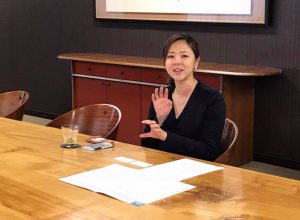
The culture of “being together”
Have you ever got surprised with working in Japanese company?
There have been many surprises but the biggest one is the culture of “being together,” or everyone conducting things together, at the same time or pace. This could be both good and bad, I think. The good part is that it fosters the spirit to care of others and cooperation; for example, senior talents spend their time to take care of new members. If one of the members struggles to achieve his/her goal, team members talks to the member and offer support. This is different from Korean working culture but also an advantage of Japanese companies.
On the other hand, some foreign talents may become confused with certain Japanese business culture. It took time for me to understand what was expected of me and the criteria of evaluation. In Korea, it is highly competitive and as long as you commit to your goals and finish what is asked of you, you are finished for the day. You are evaluated by how well you accomplish your tasks. You need to study on your own and no one really helps you. Of course, senior talents are your rival as well. In Japanese companies, you get evaluated not only for your performance but also on how much you cooperate with others, have good influence on the department, or get counted on by the members.
When do you feel rewarding in your job?
I think many international students rely on my job. Especially when I’m engaged in organizing the job fair in Korea, I sometimes am overwhelmed by the excitement and sense of duty towards the students that I interview. It is a trully rewarding and exciting job.
The culture of “caring for others”
What are attracting to work in your company?
There is the culture of “caring for others.” I have become accustomed to helping others or taking care of new members by working at Pasona for the past three years. When someone asks me for advice, I have became able to think “I want to solve the problem together” or “We need to cooperate.” I recognize it as a part of my personal growth.
At first, I thought it was difficult to solve social problems by utilizing talent or bringing out the best in people , which is the philosophy of our company. But now, I feel that my job encourages people and this connects to contributing to society. Unlike the time I was selling real estate in Korea, I find it exciting to be a part of someone’s career, which is a life changing moment.
Could you tell us what you would like to do in future?
I think the demand for foreign talents will keep increasing at Japanese companies. Moreover, there are many talented students who want to work in Japan from not only Korea but also other countries. I would like to organize the event for them.
Could you give any advice to international students who are going to job hunt in Japan?
Though it is harder for international students to find jobs than Japanese students, first of all, you need to understand the system of how companies recruit newly graduates in Japan.
When I look around, most students who have a strong will to work in Japan succeed. However, those who are not sure if they want to go back to their home country or stay in Japan tend to truggle in finding a job. If you really want to work in Japan, you need to gather information and visit as many companies as possible. It is important to see with your own eyes, because sometimes impressions of a company can be different on paper. If you can convey your passion, it leads to pursing a career at a desired company.
Thank you!
More:【Pasona Inc.】Part1
(Interviewer: Eri Watanabe and Chikamasa Wakabayashi, Translator: Yusuke Murata)

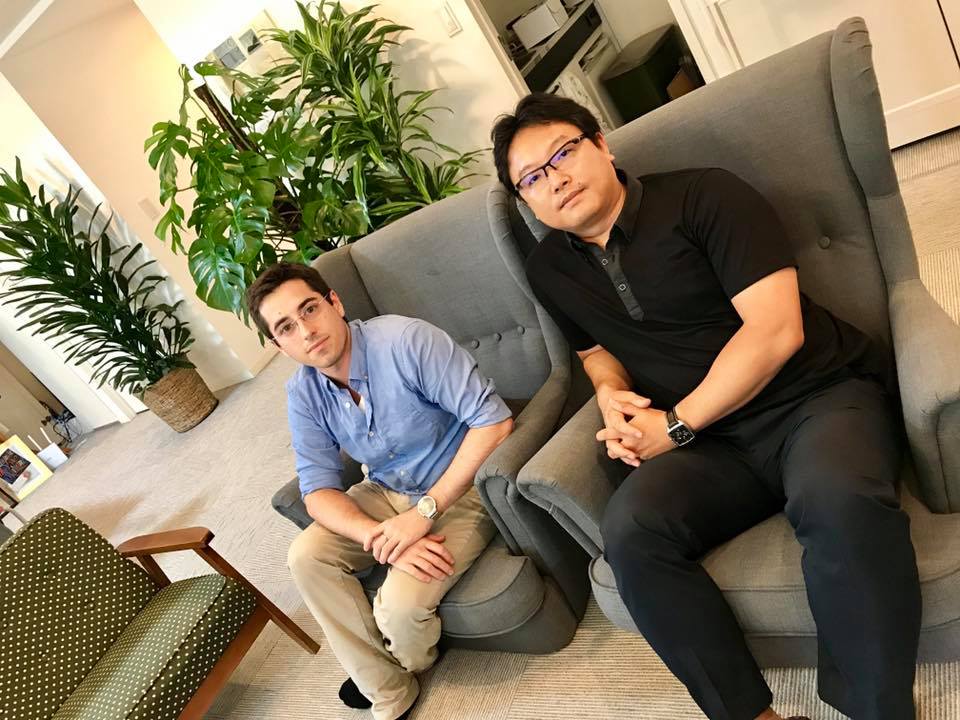
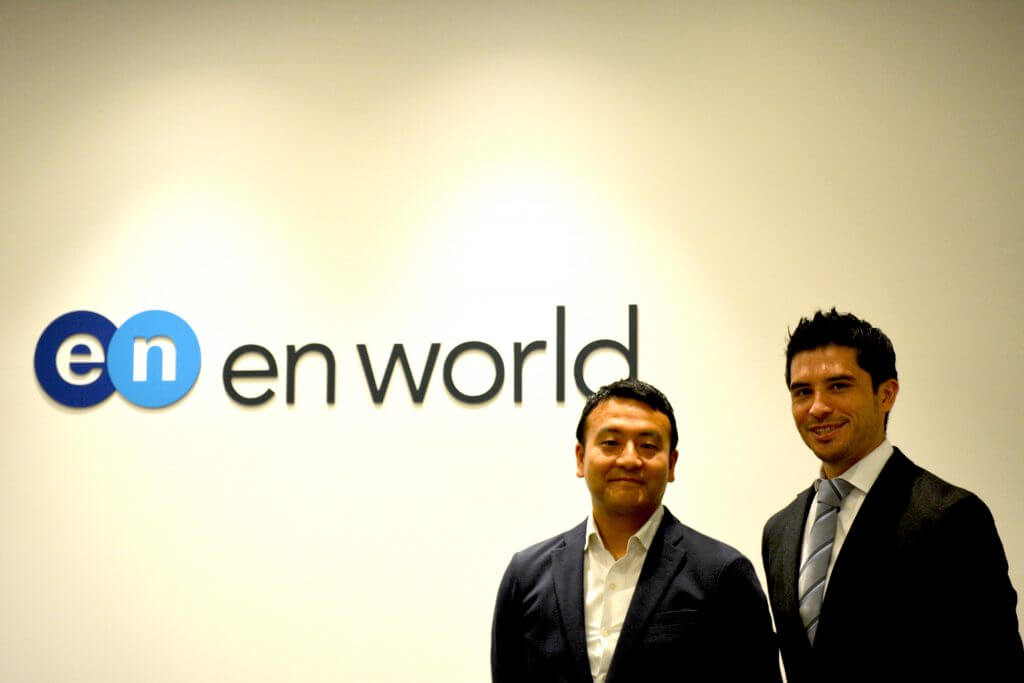
インターン(修正)-e1537433903747.jpg)
